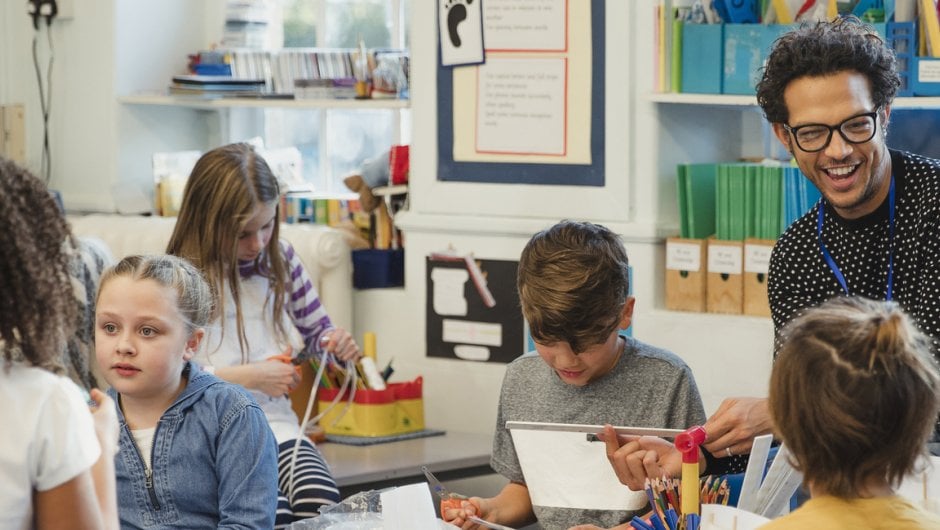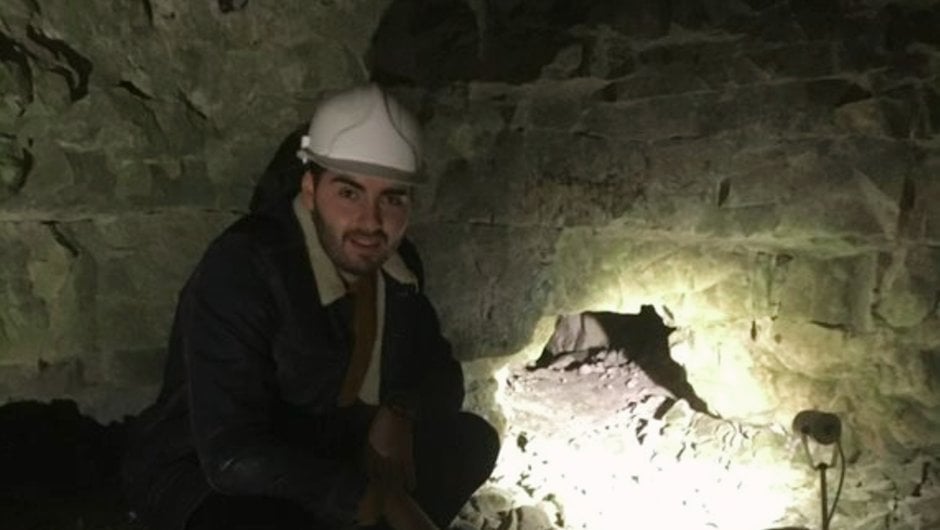Studying history will allow you to read and analyse texts and evidence, and gain an in-depth understanding of the forces that have shaped our modern world.
You could combine history with other subjects like English, languages, or economics, and focus on particular periods of history you’re fascinated by. The research and critical thinking skills you gain will equip you for roles in a variety of industries such as local and central government, journalism, education, heritage, publishing, and academia. You could also go on to further study.
Around 85% of humanities graduates are in work, study or both 15 months after graduating (JISC).
The impact you could make
- Work in marketing or communications for a heritage site you’re passionate about.
- Use your knowledge of history, society, and politics in the civil service for the greater good.
- Be a history teacher, working your way up to headteacher, and become a role model in your pupils’ history.
What you could study
- Political communities in world history
- Societies and economies in world history
- 19th and 20th century Britain
- Europe in the making
- Disease and society
- Theory and practice of oral history
- Arguments and analysis
- Evidence and methods
- Latin America: themes and problems
- History and politics of the modern Middle East
- Contemporary US race relations
- Corruption in Britain and its empire
Chat to a current history student
Chat to a current history student using UniBuddy.
Some conversation starters for you:
- Ask which modules they really enjoyed.
- Find out how easy it was for them to make friends on their course.
- Do they have any tips on your personal statement?
- Did they do anything to prep for uni before they went?
- Are there books, podcasts or YouTube channels they would recommend?
Example module
Example assignment
Subjects it's useful to have studied first
Some history courses or apprenticeships will have requirements for previous qualifications in certain subjects. Entry requirements vary, so always check with the provider.
History
Economics
Politics
Archaeology
Hard skills you'll develop
- Exhibitions
- Archives
- Curation
- Marketing
- Cataloguing
Soft skills you'll develop
- Communication
- Management
- Research
- Customer service
- Planning
Careers: Where it can take you
Find out more about your career prospects from studying history. The following information is based on a typical archivist, conservator, and curator role.
Available jobs
Average salary
Career options
Arts and heritage
Archaeologist
Art gallery manager
Arts administrator
Antiques dealer
Heritage manager
Teaching and research
Media
Administrative and support services

What is a… policy officer?
You may not have heard of a policy officer, but they can work for government, charities, think tanks, and other organisations, researching, analysing data, and feeding back information on a particular topic. What they focus on will depend on the needs of the organisation they work for, but it could be things like health and safety policy, economic and financial policy, or foreign policy. History graduates’ research and analytical skills, alongside good presentation and communication skills, are highly useful in this role.
Find your ideal career
Take our careers quiz to find your ideal job matched to your personality type.Getting in: Entry requirements
Find out more about what you'll need to study history at university or as an apprenticeship.
Average requirements for undergraduate degrees
Entry requirements differ between university and course, but this should give you a guide to what is usually expected from history applicants.
A levels
Scottish Highers
Vocational

Education, teaching, and childcare apprenticeships
Check out our industry guide to help you decide if an apprenticeship might be the right choice for you.Other subjects you may be interested in
Considering an apprenticeship?
Applying for an apprenticeship is just like applying for a normal job. Here’s what you need to know:
-
1
Deadline
Apprenticeships don't follow the same deadlines as applying to uni, the deadline is down to the employer. -
2
Where to apply
You apply directly through the employer. -
3
No limits
You're not restricted to one apprenticeship application; you can do as many as you like. -
4
Apply to university and apprenticeships
There's nothing stopping you applying to university through UCAS, while also applying for apprenticeship vacancies. -
5
Find out more

Find out what being an apprentice is really like
Charlie Field is working towards a Level 4 historic environment advice assistant apprenticeship with Historic England, the public body that looks after England’s historic environment.Explore further
Go deeper into topics around history with the following:-
1
Careers with history
Watch these videos from the Historical Association, with people talking about the different jobs you could do with history. -
2
Tell Me These Stories: Bias in History Books
To start you thinking about context and critiquing historical texts and documents, check out this TEDxYouth talk about potential bias in history books. -
3
History Channel
Watch the BBC’s dedicated history channel for programmes on everything from Black British history, Roman history, the Troubles in Northern Ireland, and the rise of the Nazis. -
4
Museums Association campaigns
If you’re interested in working at a museum, or in how history is portrayed to the wider public, scroll through the Museums Association campaigns section on decolonising museums, anti-racism, and climate change.
Application advice
Whether it's personal statement tips or what to write in a cover letter for an apprenticeship application, our advice will help you get ahead in your history journey.Skills, experiences, and interests to mention
- Can you write about a programme, book, or museum that’s inspired your interest, and made you want to study this subject further? Also mention if you’re a member of a local history society or relevant club.
- Have you had any work experience at a local museum or heritage site? Or could you arrange to shadow someone like a librarian or archivist who deals with historical texts?
- What are your other hobbies? History is all about people, politics, and culture, so show what your interests are outside of school, whether that’s sport, music, voluntary work or even reenacting historical events.
- Think about demonstrating your ability to work well individually and in a team. As well as your studies, what weekend jobs or activities do you have, like Duke of Edinburgh or team sports, that illustrate these skills?
- Finally, if you can, show your ability to think independently and carry out research. This can relate to school coursework, but also something you’ve been interested in, like researching the history of your local area, or your family tree.

